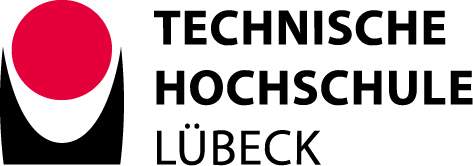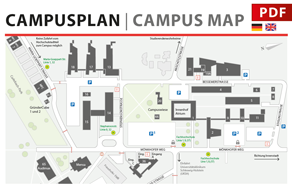The CoSA seminar will be held on June, 20th 2022 at 13:30pm hybrid.
Presence: Room 25-2.16
Virtual:CoSA - Seminar (The web conference will be unlocked for attendees at approximately 13:15pm).
We have planned the following presentations:
- Osama Saadeh:Balancing Research and Development (R&D) in Academic Power Electronic Research
- Jörg Schuljak: Machine Learning -Federated Learning in der Anwendung
Presentations will last approximately 20 minutes followed by 10 minutes of discussion. We look forward to a lively and active participation.
The seminars can also be found at https://www.th-luebeck.de/cosa/. If you would like to offer a talk as well, please feel free to contact us (fabian.john(at)th-luebeck.de).
Osama Saadeh: Balancing Research and Development (R&D) in Academic Power Electronic Research
EPES is a newly established research laboratory at GJU, that is managed by Dr. Osama Saadeh and Dr. Zakariya Dalala from the Energy Engineering Department. The lab has graduated over 20 MS students, supervised 50 undergraduate research projects, and published over 30 journal and conference papers. The lab currently manages approximately 1.2 million euros in internationally funded projects. The lab research focuses on Power Electronics, Power Systems, Renewable Energy Systems and Energy-Economic-Environmental Modeling.
One of the major challenges in academic research is balancing between research and development (R&D). On one hand, academics are passionate about research which leads to a healthy graduate programs and refereed publications, while major donors focus on development and deployment of engineering solutions. It is very important to balance projects, to meet academic goals, while securing funding for labs substantially.
In this presentation, modern trends in power electronics research associated with energy conversion and management will be discussed, along with the context necessary for securing funding.
Jörg Schuljak: Machine Learning -Federated Learning in der Anwendung
Zwischen den Anforderungen an Datenschutz und Privatsphäre und dem Datenhunger von Künstlicher Intelligenz, besonders dem Deep Learning, besteht ein Widerspruch. Das seit 2017 entwickelte Federated Learning ist ein Versuch, diesen Konflikt aufzulösen. In dieser Seminararbeit wird das Föderale Lernen mitsamt Architekturen und Einsatzmöglichkeiten vorgestellt und der aktuelle Forschungsstand diskutiert.


